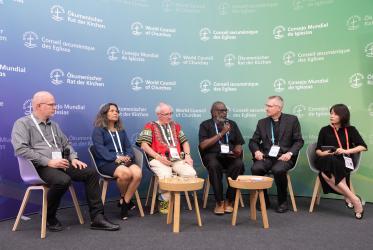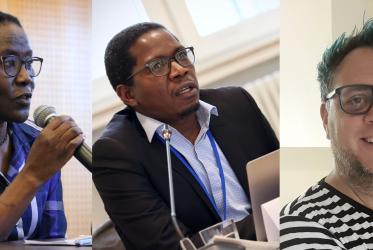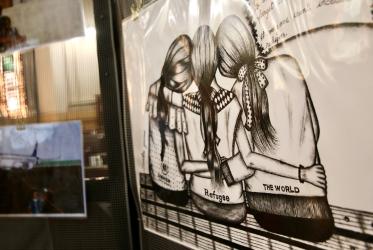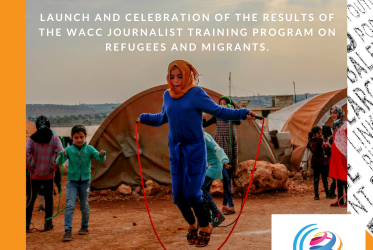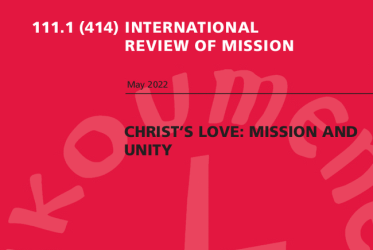Jubilee Reflections on the International Missionary Council
What is so important in the International Missionary Council (IMC) and its historical successor, the World Council of Churches’ (WCC) Commission on World Mission and Evangelism, that they will have their own centennial volume?
By reading this book, the reader will gain a better understanding of how important and crucial they have been in the development of the ecumenical movement and of what today is often called World Christianity.
This volume aims to highlight how, in the course of the past century, structured efforts to foster unity in mission cooperation have shaped not only Christianity but even the world.
21 August 2022

